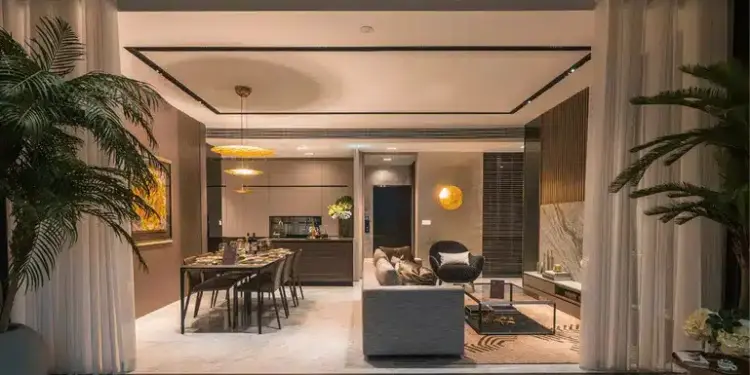Executive Condominiums (ECs) have long been a popular housing choice in Singapore, bridging the gap between public housing and private condominiums. They offer an attractive option for middle-income Singaporeans who aspire to enjoy private condominium facilities while benefiting from certain subsidies. However, ECs come with specific Housing & Development Board (HDB) and EC policies that buyers must fully understand before making a purchase.
Overview of HDB and EC Ownership Policies
ECs are developed and sold by private developers but are subject to HDB rules for the first 10 years. This hybrid nature means that during the initial years, EC buyers must meet eligibility criteria similar to those for HDB flats. After 10 years, ECs become fully privatized, and owners can sell them to both Singaporeans and foreigners without restrictions.
Boulevard Coast EC in the Context of HDB Rules
Located in a prime area with excellent connectivity and amenities, Boulevard Coast EC is among the latest projects to capture the attention of potential buyers. Like other ECs, it falls under the same eligibility framework and resale conditions set by HDB. Understanding these regulations is crucial for buyers to make informed decisions.
Eligibility Requirements for Buying an EC
To purchase a new EC unit, applicants must meet the following key criteria:
- Citizenship: At least one applicant must be a Singapore Citizen, with the other being either a Singapore Citizen or Singapore Permanent Resident.
- Age: Applicants must be at least 21 years old, or 35 for singles applying under certain schemes.
- Family Nucleus: Buyers must apply under one of the HDB eligibility schemes, such as the Public Scheme, Fiancé/Fiancée Scheme, or Joint Singles Scheme (with conditions).
- Income Ceiling: The monthly household income must not exceed $16,000 at the point of application.
- Property Ownership: Applicants must not own private property or have disposed of any within the past 30 months.
Minimum Occupation Period (MOP)
For ECs, the Minimum Occupation Period is 5 years from the date of key collection. During this period:
- Owners cannot sell the EC in the open market.
- Renting out the entire unit is not allowed, although renting out rooms is permitted.
After meeting the MOP, the EC can be sold to Singapore Citizens and Permanent Residents. Full privatization occurs after 10 years, allowing sales to foreigners.
CPF Housing Grants and Restrictions
First-time EC buyers may qualify for CPF Housing Grants, which help reduce the initial financial burden. The amount depends on household income, with a maximum of $30,000 for eligible applicants. However, buyers must remember that selling the EC within a certain period may require returning a portion of the grant.
Resale and Financing Considerations
Financing for ECs is different from HDB flats. Since ECs are developed by private developers, buyers cannot use HDB loans and must instead obtain a bank loan. This means adhering to the Total Debt Servicing Ratio (TDSR) rules, which cap the amount buyers can borrow based on income and existing debt obligations.
Resale conditions also differ depending on whether the EC is in the MOP phase, the post-MOP but pre-privatization phase, or fully privatized. Understanding these stages helps owners plan their long-term investment and exit strategies.
Why Policies Matter for Buyers
HDB and EC policies are designed to ensure that ECs remain an affordable housing option for Singaporeans, while also providing an eventual path to private property ownership. For buyers, these rules influence eligibility, financing, resale potential, and overall investment returns.
Final Thoughts
ECs like Boulevard Coast EC offer an appealing mix of affordability and luxury, but buyers must navigate a set of unique policies before securing their dream home. By understanding HDB and EC regulations—especially around eligibility, MOP, grants, and financing—purchasers can make confident, well-informed decisions that align with their financial goals and lifestyle aspirations.






